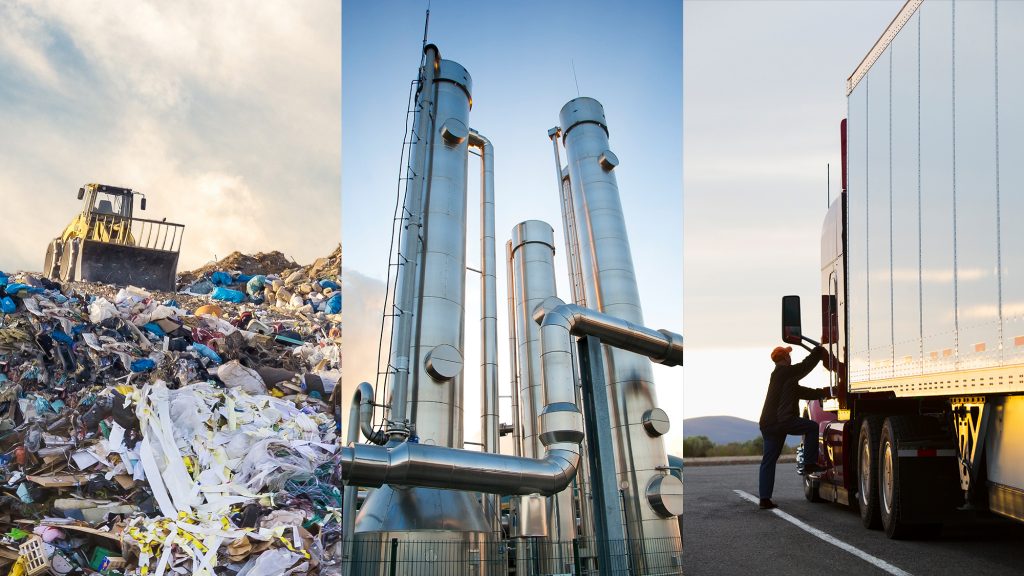United States – bp has agreed to acquire Archaea Energy, a major producer of renewable natural gas (RNG) in the United States, for $3.3 billion in cash and around $800 million in net debt.
A 38% premium over Archaea’s 30-day volume-weighted average share price will be paid by bp for Archaea in the form of $3.3 billion in cash, or $26 per share. The overall enterprise value is $4.1 billion, which includes the net debt of about $800 million. In accordance with governmental requirements and shareholder approval for Archaea, bp aims to complete the acquisition by the end of 2022.
One of the five strategic transition growth engines that bp aims to expand quickly over the course of this decade is bioenergy. By 2025, BP anticipates investing in its transition growth businesses to account for over 40% of its annual capital spending, with an increase to almost 50% by 2030.
Archaea Energy
With 50 RNG and landfill gas-to-energy facilities running across the US, Archaea Energy, a leading producer of RNG with headquarters in Houston, Texas, produces about 6,000 barrels of oil equivalent per day (boe/d) of RNG. At closing, its output is anticipated to immediately enhance BP’s biogas supply quantities by 50%.
The purchase of Archaea will allow bp to expand its presence in the US and maybe other important worldwide markets, such as the UK and Germany. This acquisition has a great strategic fit with bp’s current biogas business. The addition of Archaea’s output and pipeline, along with development in BP’s current portfolio, has the potential to raise BP’s biogas supply volumes to almost 70,000 boe/d globally by 2030.
Rise of biogas
The world’s need for biogas is rising quickly. According to bp’s Energy Outlook 2022, both the Accelerated and Net Zero scenarios show a more than 25-fold increase in biogas from 2019 to 2050.
In landfills, anaerobic digesters, and other waste facilities, organic material decomposes to produce biogas. Biogas is processed by Archaea’s operations to create pipeline-quality RNG or to produce electricity. If it had not been captured, the biogas would have been flared or vented.
RNG can be used in place of natural gas produced from fossil fuels for heating, power generation, and transportation, but because it is made from organic waste, it emits fewer greenhouse gases over the course of its whole lifecycle. To further reduce lifecycle greenhouse gas emissions, projects like Archaea’s have the potential to be coupled with technology like carbon capture and storage.




